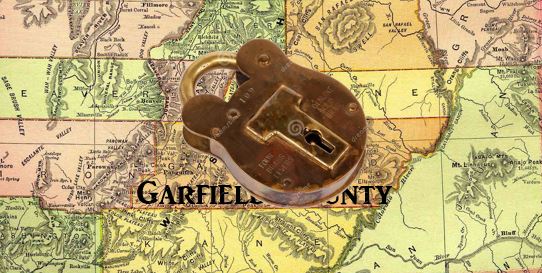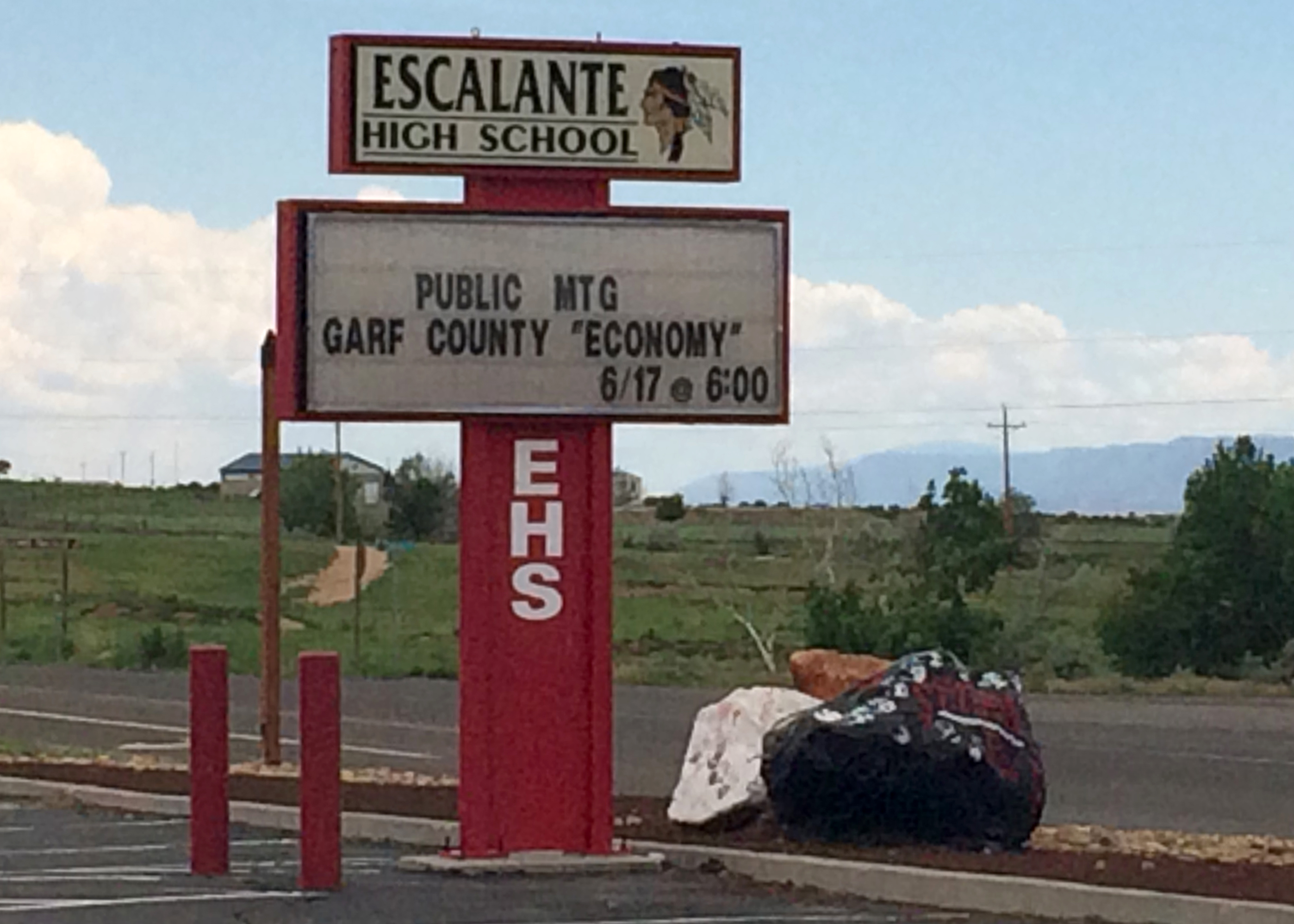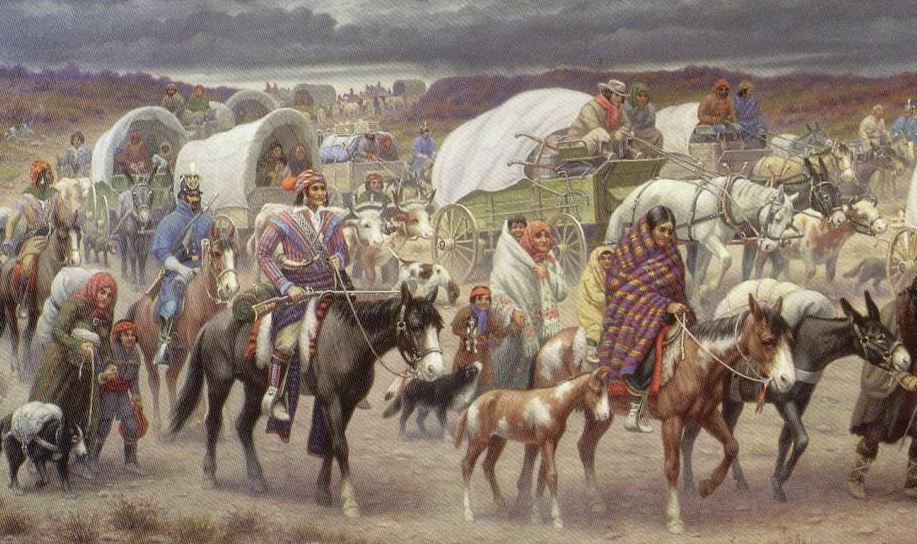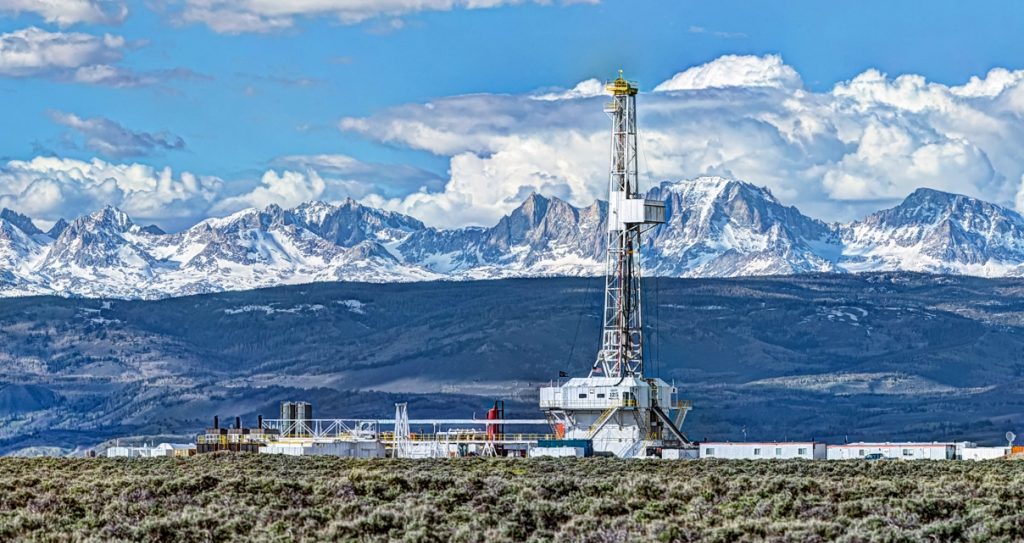Just 9 years following President Clinton’s secretive executive taking of nearly 2 million acres in central Utah, Garfield County Commissioner Maloy Dodds testified in front of the House Oversight Committee in 2005. Less than 10 years following the creation of the Grand Staircase/Escalante National Monument in 1996, Garfield County was feeling the destructive effects of a burdensome federal presence. Now, 20 years hence, the ideas presented by Dodds to Congress are more relevant, and perhaps more essential than ever, to the survival of rural economies in the West.
FRR Editor
Garfield County Utah wants to give U.S. lesson in land use
WASHINGTON Garfield County Commissioner Maloy Dodds has a proposal for Congress: Use Garfield County as a national experiment and turn over to private ownership all federal lands not in national parks or monuments and test the arguments as to who better manages the lands.
“I offer Garfield County as a field laboratory for an experiment to do just that,” Dodds told a House oversight committee on the impacts of federal land ownership on communities and local government. “If the federal government would work with us on a thoughtful and realistic plan to privatize the non-park land in the county, I can guarantee that, if we were to convene here in 20 years, I could report a much different and much more prosperous picture of Garfield County.”
Garfield County, like dozens of other rural counties throughout the West that are dominated by federal lands that cannot be taxed, is groaning under the combined effects of limited property tax revenue, increasing demand for services from visitors to federal lands and a federal bureaucracy that has stifled traditional grazing, mining and oil and gas development, Dodds said in formal testimony presented to the House Forest and Forest Health Subcommittee.
Only 4 percent of the 3.4 million acres in Garfield County is privately owned, and there are simply not enough people or enough private lands generating property taxes to fuel the county’s $3.5 million budget, he said.
Making matters worse, the increased public visitation to national parks and monuments it is home to Bryce Canyon and much of the Grand Staircase-Escalante National Monument has resulted in increased sanitation demands, increased costs for search and rescue, and increased costs for personnel to meet federal planning demands.
“We believe we are subsidizing the federal government and all of the rest of the American people who own these lands,” Dodds said.
“We believe we are subsidizing the federal government and all of the rest of the American people who own these lands.”
The county receives some federal funds through the Payment in Lieu of Taxes program, but Dodds told the committee it has never been fully funded and is not enough to cover the actual costs the county incurs. “In my opinion, even full funding of PILT would not pay the true costs of federal ownership in counties such as mine, but we would take it and not quibble about the difference,” he said.
Dodd’s testimony reflected a growing frustration among some members of Congress from Western states, including Reps. Chris Cannon and Rob Bishop, both Utah Republicans, who bristle at the inequities in a system where the federal government owns most of the land but expects local governments and local school districts to pick up the slack.
Both congressmen testified before the committee on the ills of federal land ownership. Bishop said he will soon introduce legislation that would force the federal government to compensate states for lost property tax revenue money that would go to schools because the federal government never lived up to its part of the bargain at statehood to sell off federal lands (5 percent was supposed to go back to the states).
Under Bishop’s formula, Utah schools would get $116 million a year. Other Western states would get similar amounts.
Bishop makes the argument that Western states, like Utah, that are predominantly owned by the federal government have tax burdens similar to other states, but they have the lowest education spending at the same time the student growth rate is the highest.
Because of the lack of private lands that can contribute to the tax base, the “West is at an unfair disadvantage,” he said. “It’s not welfare. It is what’s due to the kids of the West.
“We cannot afford to adequately educate our children if these lands continue to be tied up and the revenue that we could get from them continues to be lost,” he added. “The states should either get most of these lands back or get compensated for the money they are losing because of them.”
Cannon, who is chairman of the House’s Western Caucus, said he knows of no place in the world, save the old Soviet Union, where the federal government owns so much of the land. And he said the federal government has been remiss in its underfunding of everything from pest control to fighting forest fires, costs that are shifted to local governments that cannot afford them.
And he said it was unconscionable that the federal government would have an active campaign to acquire more lands when it doesn’t even take care of the lands it has. He noted that an area the size of Florida has been added to federal ownership since John F. Kennedy was president, “and we are not properly taking care of the lands we own.”
As much as anything, the oversight hearing was an opportunity for lawmakers, county commissioners and others to vent about long-standing grievances with the federal government over everything from the Endangered Species Act to the Wilderness Act to who actually owns the dirt trails across public lands.
The refrain from public officials is one that has been echoed for decades, and the calls for shifting federal lands to private ownership or boosting federal assistance to rural counties are not issues that have generated much support outside of those rural communities.
“Most of the people moving out of our county are the younger families and young people who are starting families somewhere else because they cannot support a family on the employment they can find in our county,” Dodds said. “One of the costs, though difficult to quantify, is the loss of quality of life of our communities as a result of our young people, especially young families, moving away.





Sounds like a good experiment to me.